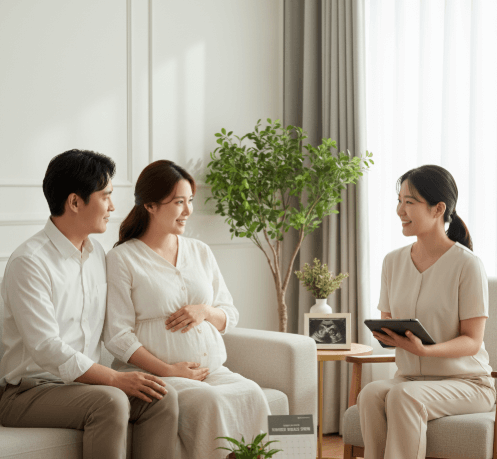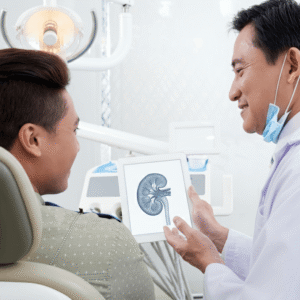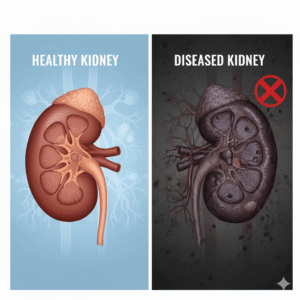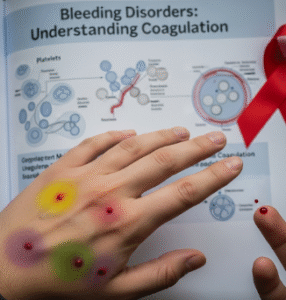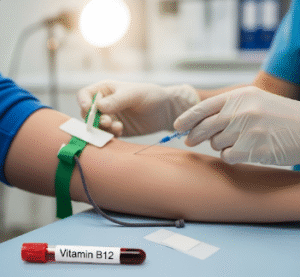What it is
Surrogacy is an arrangement where a woman (the surrogate) carries and delivers a baby for another individual or couple. It is usually an option when a woman cannot carry a pregnancy due to medical or structural reasons.
✔️ Types:
- Traditional surrogacy – surrogate provides her own egg.
- Gestational surrogacy – embryo created via IVF using intended parents’ or donor eggs/sperm, then transferred to the surrogate.
✔️ Important note in Korea: Commercial surrogacy is not legally permitted. However, Korean fertility centers often provide supportive medical care for intended parents who undergo surrogacy arrangements abroad, including pre-IVF preparation, egg retrieval, and embryo transfer coordination.
➡️ Thus, surrogacy support care in Korea focuses on medical preparation, fertility services, and emotional counseling for patients seeking surrogacy outside the country.
Why it’s done
Surrogacy support care is essential because it helps:
🔹 Couples with infertility (uterine factor infertility, repeated IVF failures, or recurrent miscarriages).
🔹 Women without a uterus (congenital absence, hysterectomy, or severe adenomyosis/Asherman’s syndrome).
🔹 Women with health risks making pregnancy dangerous (heart disease, severe autoimmune disorders).
🔹 Same-sex couples or single men who want to build a family through surrogacy abroad.
💡 Highlight: While surrogacy itself isn’t offered within Korea, Korean clinics play a crucial role in preparing parents medically and emotionally for international surrogacy programs.
Alternatives
For women or couples unable to pursue surrogacy, alternatives include:
➡️ Adoption – a legal and accessible option in Korea, though lengthy.
➡️ Fertility treatments – IVF, ICSI, or donor eggs/sperm if pregnancy is still possible.
➡️ Embryo freezing – preserving embryos for use in international surrogacy programs.
➡️ Traditional Korean medicine – acupuncture and herbal therapies for uterine health (if pregnancy is still possible).
⚠️ Note: For patients in Korea, international surrogacy programs are the main pathway, with Korean fertility specialists assisting with the medical steps.
Preparation
Surrogacy support care in Korea begins with careful preparation:
✔️ Fertility evaluation – hormone testing, ovarian reserve assessment, semen analysis.
✔️ Genetic testing – to ensure embryos are healthy before transfer.
✔️ Medical screening – infectious diseases, uterine evaluation (if embryos will be created in Korea).
✔️ Counseling sessions – emotional readiness and legal considerations discussed.
✔️ Legal and ethical guidance – Korean doctors often collaborate with agencies abroad for proper compliance.
💡 Tip: Korean fertility clinics provide embryo creation and freezing services, which can then be shipped to partner clinics abroad for surrogacy.
How it’s done
Surrogacy support care in Korea usually involves:
- Pre-IVF coordination
- Ovarian stimulation and egg retrieval performed in Korea.
- Sperm collection and processing from intended father or donor.
- Embryo creation and freezing
- Embryos are fertilized and cultured in Korean fertility labs.
- Genetic testing (PGT) may be done for health screening.
- Embryo storage and transfer abroad
- Frozen embryos are securely transported to an international surrogacy clinic.
- Parental support
- Intended parents receive counseling, medical preparation, and ongoing care from Korean clinics while coordinating with overseas surrogacy agencies.
- Post-birth care
- Once the child is born abroad, parents may return to Korea for pediatric care, postpartum support, and legal assistance with recognition of parenthood.
💡 Highlight: Korean clinics play a supportive and preparatory role, ensuring intended parents are medically and emotionally ready before starting international surrogacy.
Recovery
Recovery for intended mothers undergoing IVF-related steps includes:
✔️ Egg retrieval recovery – mild bloating, cramping, or spotting for a few days.
✔️ Emotional recovery – support is often needed due to stress and uncertainty.
✔️ Adjustment period – waiting for updates from overseas surrogacy partners.
When to revisit a doctor:
➡️ After egg retrieval for post-procedure monitoring.
➡️ For updates on embryo storage or genetic testing results.
➡️ For counseling while waiting for the surrogacy process abroad to progress.
💡 Important: Korean fertility clinics emphasize emotional wellness programs and follow-up support, as surrogacy journeys can be emotionally intense.
Treatment option in Korea
Korea provides strong surrogacy support care by offering:
⭐ Advanced IVF and embryo freezing services before sending embryos abroad.
⭐ Collaboration with international surrogacy agencies for smooth coordination.
⭐ World-class fertility laboratories ensuring high embryo survival rates.
⭐ Emotional counseling and support groups for intended parents.
⭐ Multilingual medical services for couples seeking surrogacy abroad.
💡 Highlight: While surrogacy itself is not practiced in Korea, the country offers world-class medical preparation and embryo management to support international surrogacy journeys.
Key Highlights
✔️ Surrogacy is not legally available in Korea, but clinics provide medical and emotional support for international surrogacy.
✔️ Support includes IVF, egg retrieval, sperm preparation, and embryo freezing.
✔️ Preparation involves fertility tests, genetic screening, and counseling.
✔️ Recovery is minimal physically, but emotional support is crucial.
✔️ Korean clinics provide advanced, affordable, and supportive fertility services for couples pursuing surrogacy abroad.

